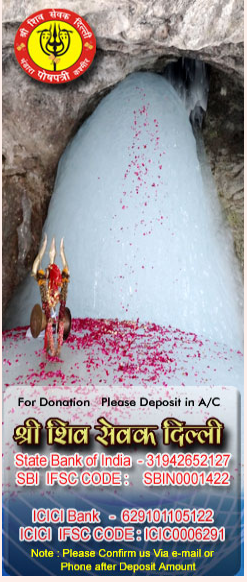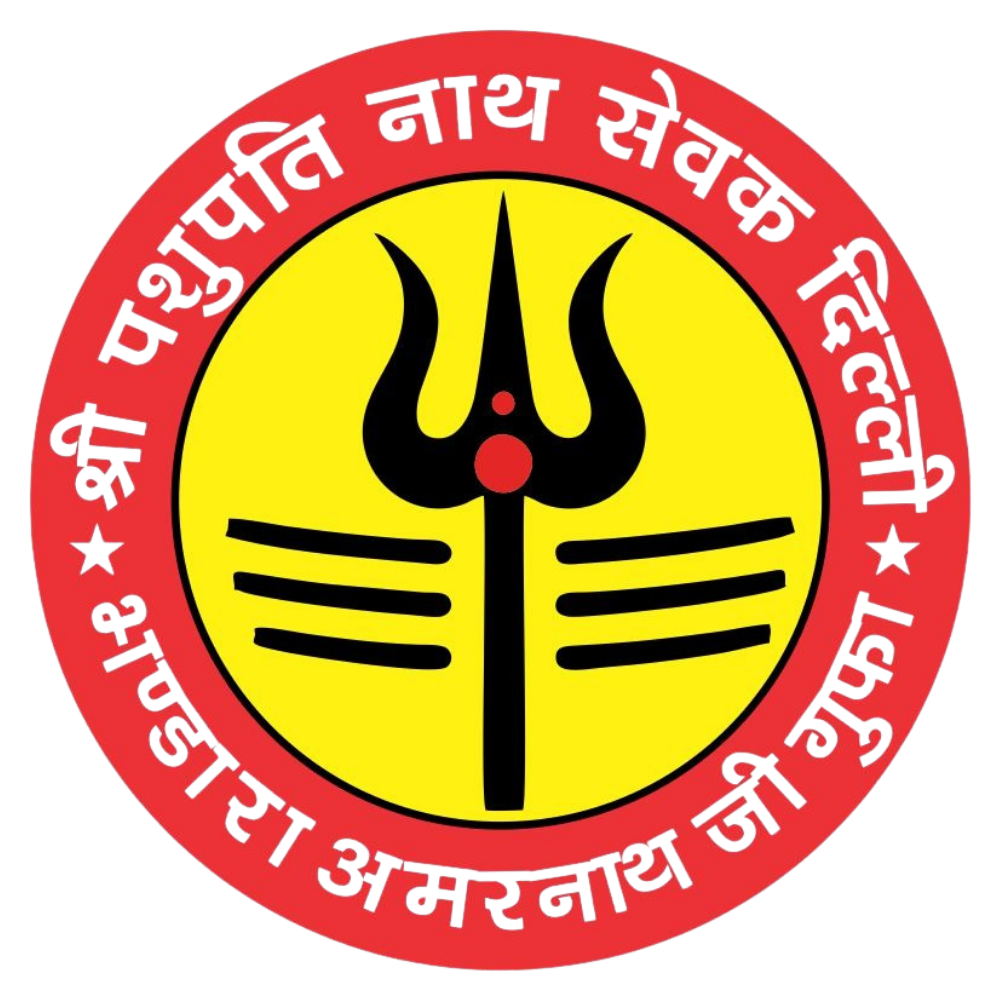YatraTips

Helpful Tips and Information
Pilgrims are strongly advised not to pay more than the officially approved rates for services or provisions during the journey. It is essential to maintain discipline throughout the trek – move at a slow and steady pace to ensure your safety. Always follow the instructions issued by the designated Yatra Officer.
Various government departments, including the State Police, Health, Tourism and Food & Supplies, have deployed officials along the route to assist and guide pilgrims. It is important that you are in good physical health for this pilgrimage. Please undergo a thorough medical check-up to confirm your fitness for the journey.
Keep in mind that you will be crossing the Mahagunas Pass, which is located at an altitude of 14,000 feet above sea level. Therefore, it is important to be physically and mentally prepared for high altitude trekking. Obtain a medical fitness certificate before starting the journey and submit it to the designated registration authority in your area.

DO’s – Important Guidelines to Follow
- Medical fitness is mandatory: Make sure you are physically and mentally fit, as this trip involves trekking at an altitude of 14,000 ft. Get a medical certificate after proper health check-up and submit it to the designated registration authority in your area.
-
Carry enough winter clothes: Carry enough woollen clothes like full/half sleeve sweaters, woollen trousers, drawers, gloves, monkey cap, windcheater and a light raincoat. Also carry a sleeping bag or waterproof blanket, torch with extra batteries, a walking stick with a strong grip and a waterproof tent if you have to stay outdoors.
Note for women: Avoid wearing saris. Instead, opt for pants or salwar suits with drawers for comfort and mobility.
- Bring ready-to-eat food and essentials: Pack biscuits, candy, milk powder, sugar, mixed dry fruits, honey and canned food. Carry a refillable water bottle, plastic plate, glass and spoon.
- Pre-arranged Ration & Firewood: Ration and firewood are provided on payment basis at all route stations for your convenience.
- Use only authorised assistance: Make sure the ponywallahs, porters and dandiwallahs are registered and have official tokens. These services can be hired from designated camps at prescribed government rates.
- Carry luggage and food with you: Always ensure that the ponies carrying your luggage and food stay with you. Letting them stay behind can cause unnecessary inconvenience.
- Follow trekking discipline: walk slowly and steadily. Always follow the instructions issued by the travel officer and officials from the police, tourism, health, food and supplies and other departments who are there to assist you.
- Carry sufficient cash: Carry sufficient cash for accommodation at Pahalgam and other stations en route and for personal expenses.
- Medical Assistance: Free medical services are available during the trip. However, you are advised to carry your personal medical kit for emergencies.
- Strictly avoid alcohol: Carrying or consuming alcohol during the journey is strictly prohibited and punishable.
DON’Ts – What to Avoid During the Yatra
- Avoid overexertion: Don’t overstrain yourself, especially on steep or challenging slopes.
- Don’t ignore warning signs: Never stop or rest in areas with landslide, avalanche, or dangerous terrain warnings.
- Maintain tracking order: Avoid overtaking or breaking traffic discipline, especially on narrow or difficult sections of the route.
- Avoid overcharging: Do not pay more than the government-approved prescribed rates for services such as porters, ponies, ponies, rations, firewood and accommodation.
- Do not hire unregistered workers: Before hiring, always make sure that the service provider (ponytailers, dandivala etc.) is registered and has official tokens.
Important Note:
- Elderly, physically unwell, sick or inadequately dressed persons will not be allowed to proceed beyond Pahalgam.
- No pilgrim will be allowed to proceed without a valid registration card.

